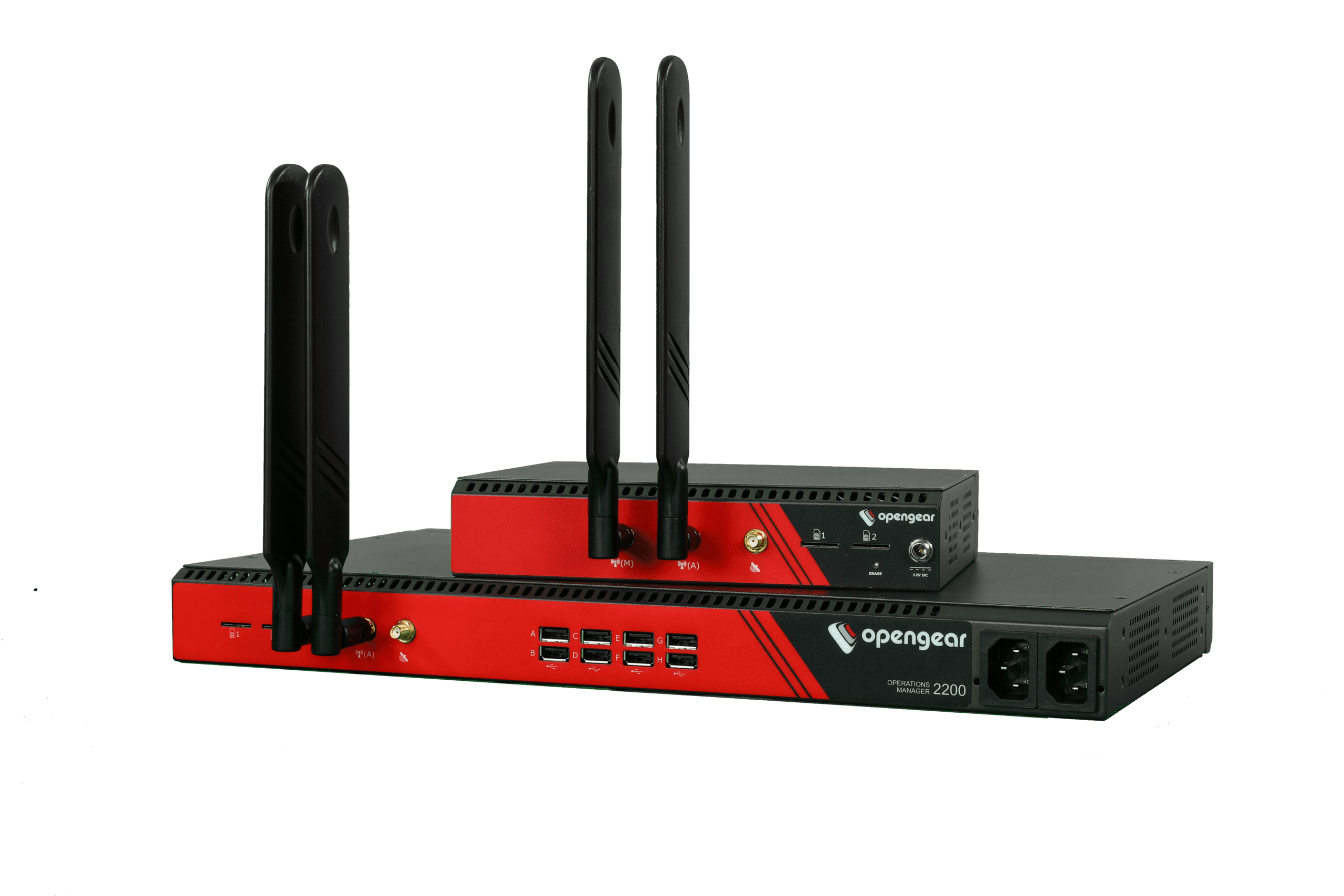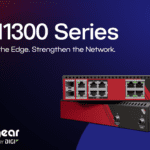NetOps is a proactive approach to networking that uses automation and provisioning to modernize networks. Providing more flexibility, increasing speed and improving programmability, it is centered around making networks capable of supporting the rapid pace of DevOps initiatives. NetOps opens up a whole new world to engineering teams. It brings the edge of the network closer, provides the ability to analyze changes, connects systems to ports and a lot more. It does this by applying the consistent, basic themes of orchestration and automation.
Orchestration: Leveraging zero touch provisioning, configuration and assurance, orchestration enables end to end service management. It is the process of automatically programming the behavior of a network. Orchestration ensures that the network smoothly coordinates with all hardware and software elements to support all applications.
Automation: Manual network processes can delay the application teams’ ability to continuously deploy and update applications. NetOps provides the ability to automate predictable and repeatable tasks. This makes network configuration changes, data collection from nodes and other mundane tasks easy to do, from anywhere.
Opengear recognizes these emerging enterprise demands and these consistent NetOps themes. This has put our team on a three year journey into the world of automation. The end result? Opengear’s new Network Resilience platform, which includes our latest product, The NetOps Console Server (OM Series Appliance).. And that’s the focus of this article.
Entering The World Of NetOps Automation
The NetOps Console Server combines the capabilities of Smart Out-of-Band and the flexibility of NetOps automation, and is managed through our Lighthouse Software to extend your reach and provide visibility of the entire network.

Features that we think you’ll find helpful for your operations include:
- A TPM chip to provide a secure boot process to protect against configuration and firmware tampering
- A x86 CPU to support standard Docker containers and a Python runtime environment to automate NetOps appliances
- 64GB internal flash memory to keep configuration and software files on site where they’re needed
- An Open architecture based on Linux operating system, you’ll be able to run standard DevOps tools such as Ansible, Docker and Python for automation purposes
- Smart Out-of-Band to remotely manage devices, this includes automated port discovery and VLAN support
- Embedded LTE-A Pro cellular module to enable global access
We’re here to help you through your NetOps automation journey. Do you want to learn more about NetOps, automation and what it can do for your network? Keep an eye out for Part 2 of our 4 part series.




